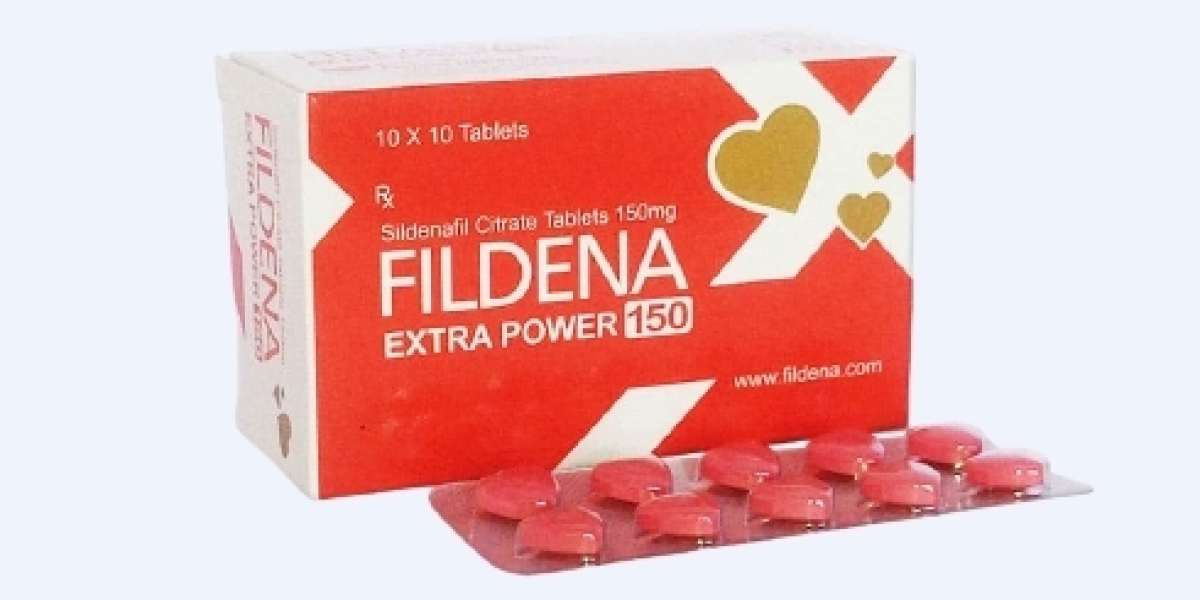Understanding Hypertension
Hypertension is a medical condition characterized by elevated blood pressure levels, which can lead to a range of health problems, including heart disease, stroke, and kidney damage. It is often referred to as the "silent killer" because it typically presents no symptoms until complications arise. Thus, early detection and management are essential.
Salt and Hypertension
Salt, or more precisely, sodium, plays a pivotal role in regulating blood pressure. Sodium is an essential mineral required for various bodily functions, such as fluid balance, nerve function, and muscle contractions. However, excessive sodium intake can lead to increased blood pressure, increasing the risk of hypertension.
How Salt Raises Blood Pressure
When we consume excess sodium, the body retains more water to maintain the sodium-to-water ratio. This increased fluid volume raises the pressure within the blood vessels, resulting in elevated blood pressure. Over time, this extra strain on the blood vessels can lead to long-term damage.
Recommended Daily Sodium Intake
The recommended daily intake of sodium for most adults is approximately 2,300 milligrams (mg) or less, which is roughly equivalent to one teaspoon of table salt. However, for individuals at higher risk of hypertension, such as those with a family history or certain medical conditions, it is advisable to limit sodium intake to 1,500 mg per day.
Tips to Reduce Salt Intake
1. Read Labels : Pay close attention to food labels and choose products with lower sodium content. Be cautious of hidden sources of sodium in processed foods.
2. Cook at Home : Cooking meals at home allows you to control the amount of salt added to your dishes. Experiment with herbs and spices to enhance flavor without relying on salt.
3. Fresh Ingredients : Opt for fresh fruits, vegetables, and lean proteins, as they naturally contain less sodium than processed alternatives.
4. Limit Eating Out : Restaurant meals often contain high levels of sodium. When dining out, inquire about low-sodium options or ask for the dish to be prepared with less salt.
5. Reduce Canned and Packaged Foods : These items are notorious for their high sodium content. Whenever possible, choose fresh or frozen alternatives.
Popular Remedies for Hypertension
It's important to note that while lifestyle modifications like reducing salt intake are crucial for managing hypertension, some individuals may require medication to control their blood pressure. Below are three popular remedies that can help in this regard:
1. Cardiotonus : https://cardiotonus.top. Cardiotonus is a well-regarded medication used to treat hypertension. It helps relax blood vessels and reduce blood pressure, contributing to better cardiovascular health.
2. WELLTONE : https://gerleos.de. WELLTONE is another effective option for individuals with hypertension. It helps control blood pressure by reducing the force with which the heart pumps blood, thus reducing the strain on the heart and arteries.
3. Cardioton : https://die-schrauber-stube.de. Cardioton is a trusted medication that can be prescribed to lower blood pressure. It works by relaxing the blood vessels and enhancing blood flow, reducing the overall strain on the cardiovascular system.
In conclusion, managing salt intake is a crucial component of a healthy lifestyle and plays a significant role in preventing and managing hypertension. By making informed choices about the foods we consume and considering the use of effective remedies like Cardiotonus, WELLTONE, and Cardioton, individuals can take proactive steps toward maintaining optimal blood pressure levels and safeguarding their overall well-being. Always consult with a healthcare professional before starting any medication for hypertension to ensure it is the right choice for your specific needs.









